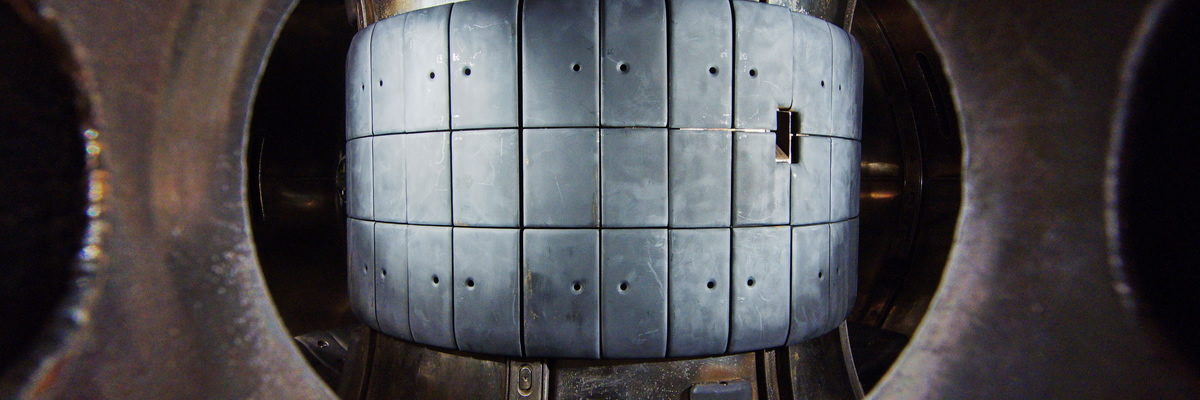
Bilateral Cooperation
Mobility Projects (MP)
The aim of the joint 2- or 3-year mobility projects is to establish or intensify scientific cooperation, which should result in the preparation of larger international projects. Partner research teams submit a joint project proposal and aspire to reach joint outputs while being able to have long-term access to unique research infrastructures and equipment of the cooperating team
and complimentary techniques and methods.
Within the frame of the mobility project, financial contribution for the mobility of research team members (accommodation costs and daily allowances) is provided. The projects are funded on a reciprocal basis – the receiving party covers the costs of the stay of foreign researchers and the sending party covers travel expenses (in the case of the CAS the travel expenses are covered by institutes CAS).
Mobility Plus Projects (MPP)
The aim of the joint 2- or 3-year mobility plus projects is to establish or intensify scientific cooperation, which should result in the preparation of larger joint international projects. Partner research teams submit a joint project proposal and aspire to reach joint outputs while being able to have long-term access to unique research infrastructures and equipment of the cooperating team and complementary techniques and methods.
Within the frame of the mobility plus project, a financial contribution for the mobility of Czech research team members (accommodation costs, daily allowances and travel expenses) is provided, as well as a contribution towards the costs of research itself. Each partner organisation covers the costs of its research team.
ERA-NET-like Projects
Two-year multilateral joint research projects are carried out by at least three organisations from three participating countries. These projects are designed to strengthen European cooperation with selected third countries and to enable the creation of new consortiums, which could apply for project funding under the EU Framework Programme for Research and Innovation Horizon 2020.
Within the scope of these projects, each partner organisation provides funding for its research team. These resources may be used
for travel costs, expenses for the organisation of small scientific events, costs for consumables and small equipment, and personnel costs of young researchers.